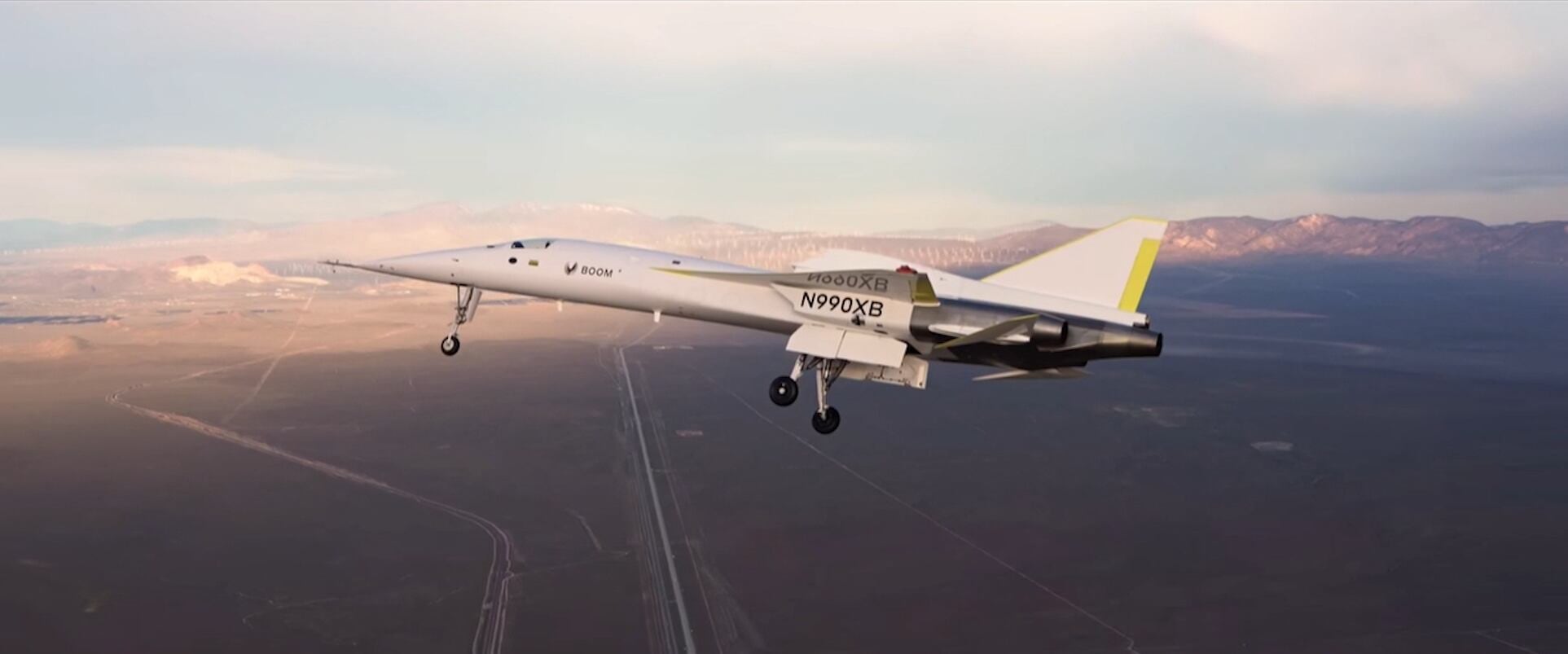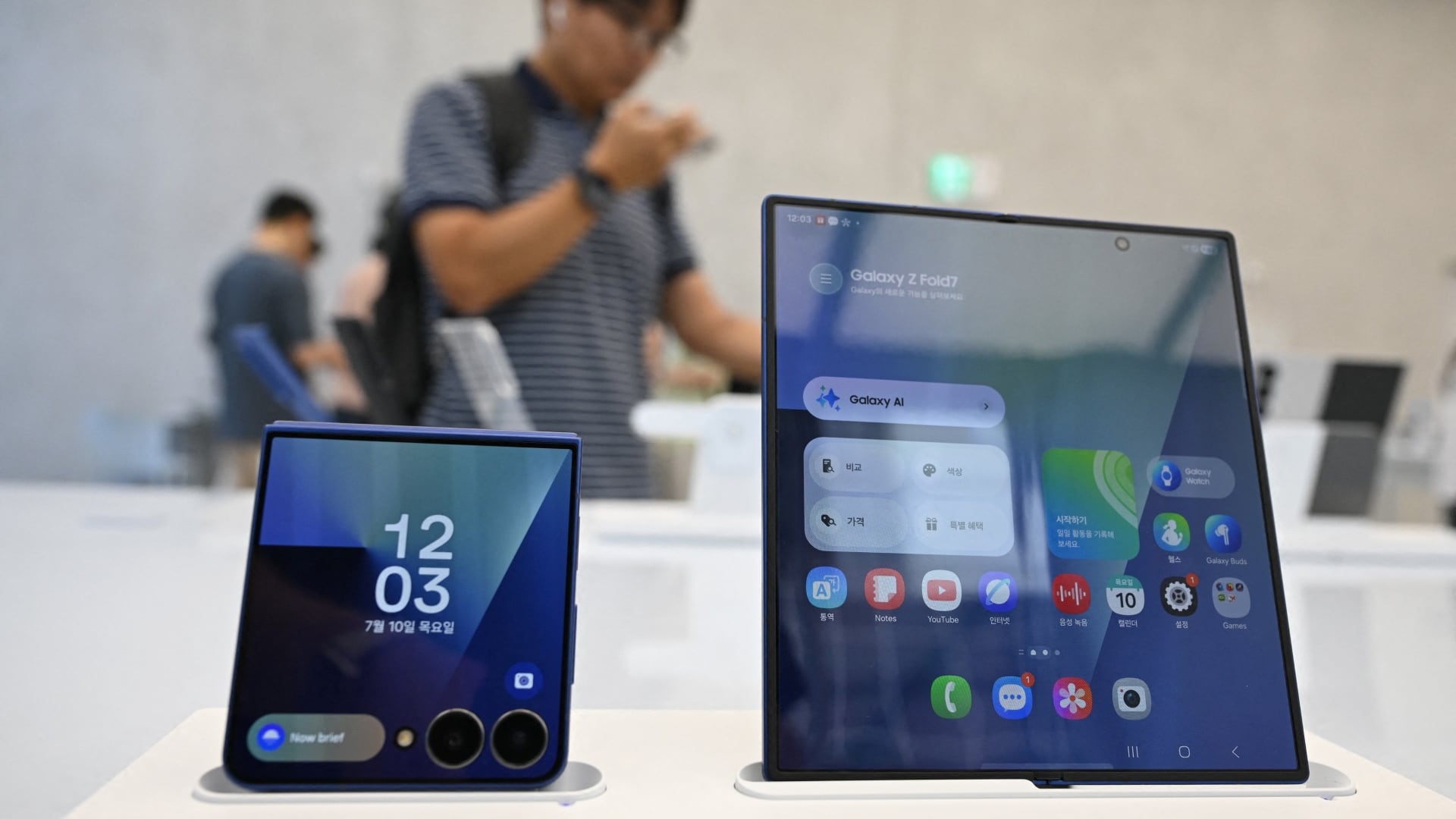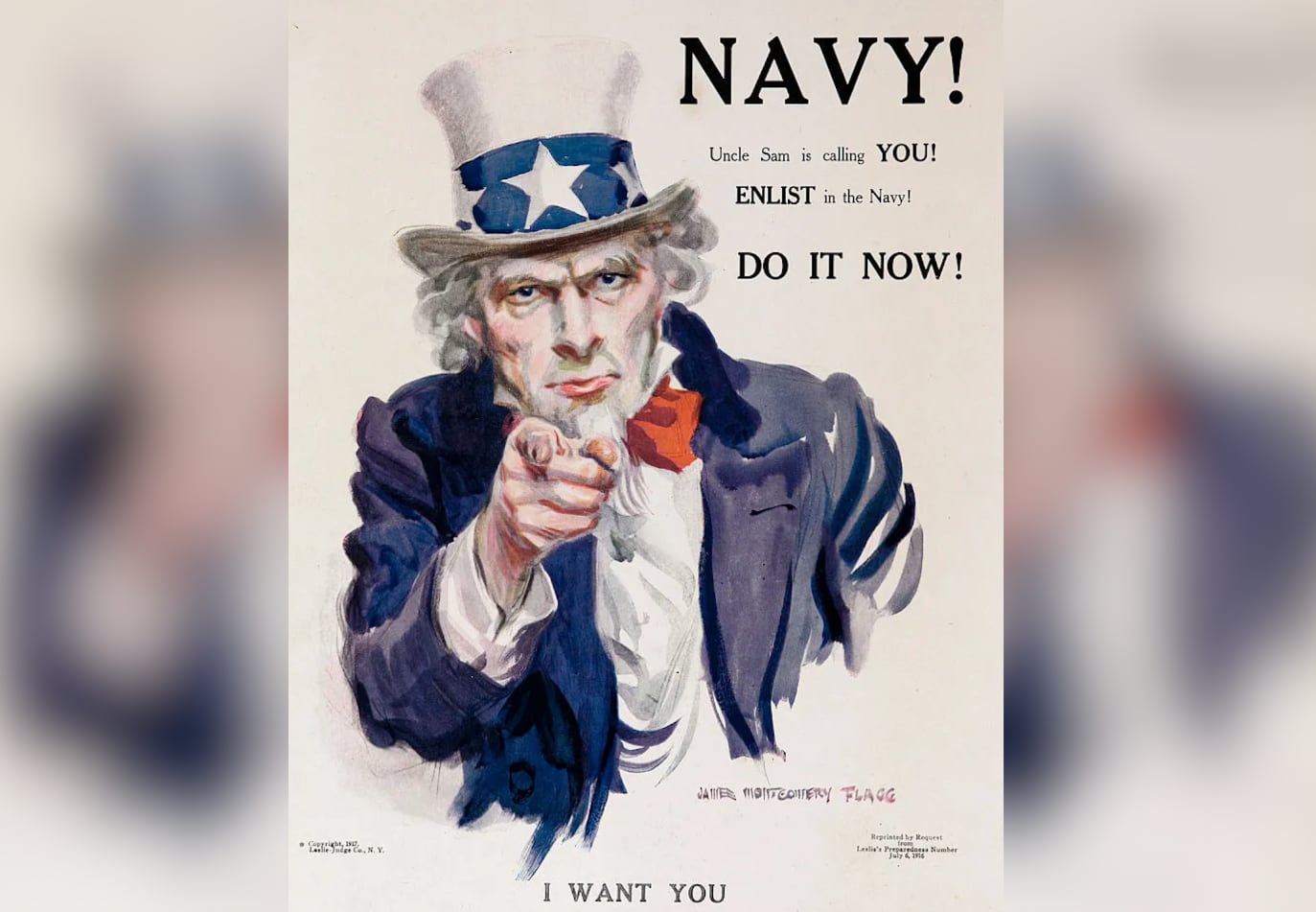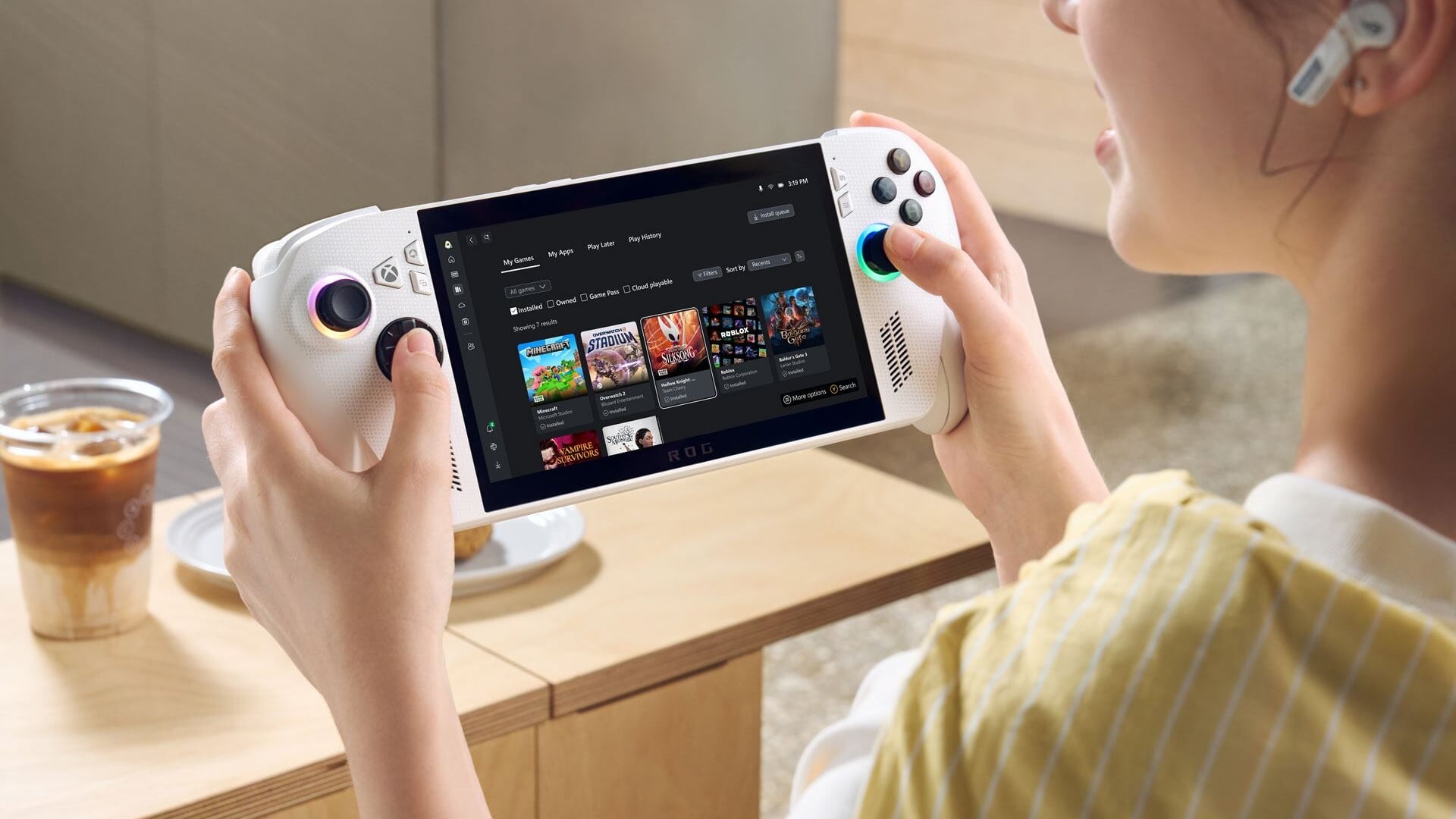Social media company TikTok Inc. filed a lawsuit Monday seeking to overturn Montana's first-in-the-nation ban on the video sharing app, arguing the law is an unconstitutional violation of free speech rights and is based on “unfounded speculation” that the Chinese government could access users' data.
The lawsuit by TikTok itself follows one filed last week by five content creators who made the same arguments, including that the state of Montana has no authority to take action on matters of national security. Both lawsuits were filed in federal court in Missoula.
Republican Gov. Greg Gianforte signed the bill Wednesday and the content creators' lawsuit was filed hours later. The law is scheduled to take effect on Jan. 1.
TikTok has not shared and would not share U.S. user data with the Chinese government and has taken measures to protect the privacy and security of its users, including storing all U.S. user data in the United States, the company states in its complaint.
Some lawmakers, the FBI and officials at other agencies are concerned that the video-sharing app, owned by the Chinese tech company ByteDance, could be used to allow the Chinese government to access information on U.S. citizens or push pro-Beijing misinformation that could influence the public.
Chinese law compels Chinese companies to share data with the government for whatever purposes it deems to involve national security. TikTok says this has never happened.
“TikTok is spying on Americans. Period,” Montana Attorney General Austin Knudsen, whose office drafted the bill, told a legislative committee in March. Knudsen's office has said they expected lawsuits and were prepared to defend the new law.
The federal government and about half the U.S. states, including Montana, have banned TikTok from government-owned devices.
Montana’s new law prohibits downloads of TikTok in the state. It would fine any “entity” — an app store or TikTok — $10,000 per day for each time someone “is offered the ability” to access the social media platform or download the app. The penalties would not apply to users.












